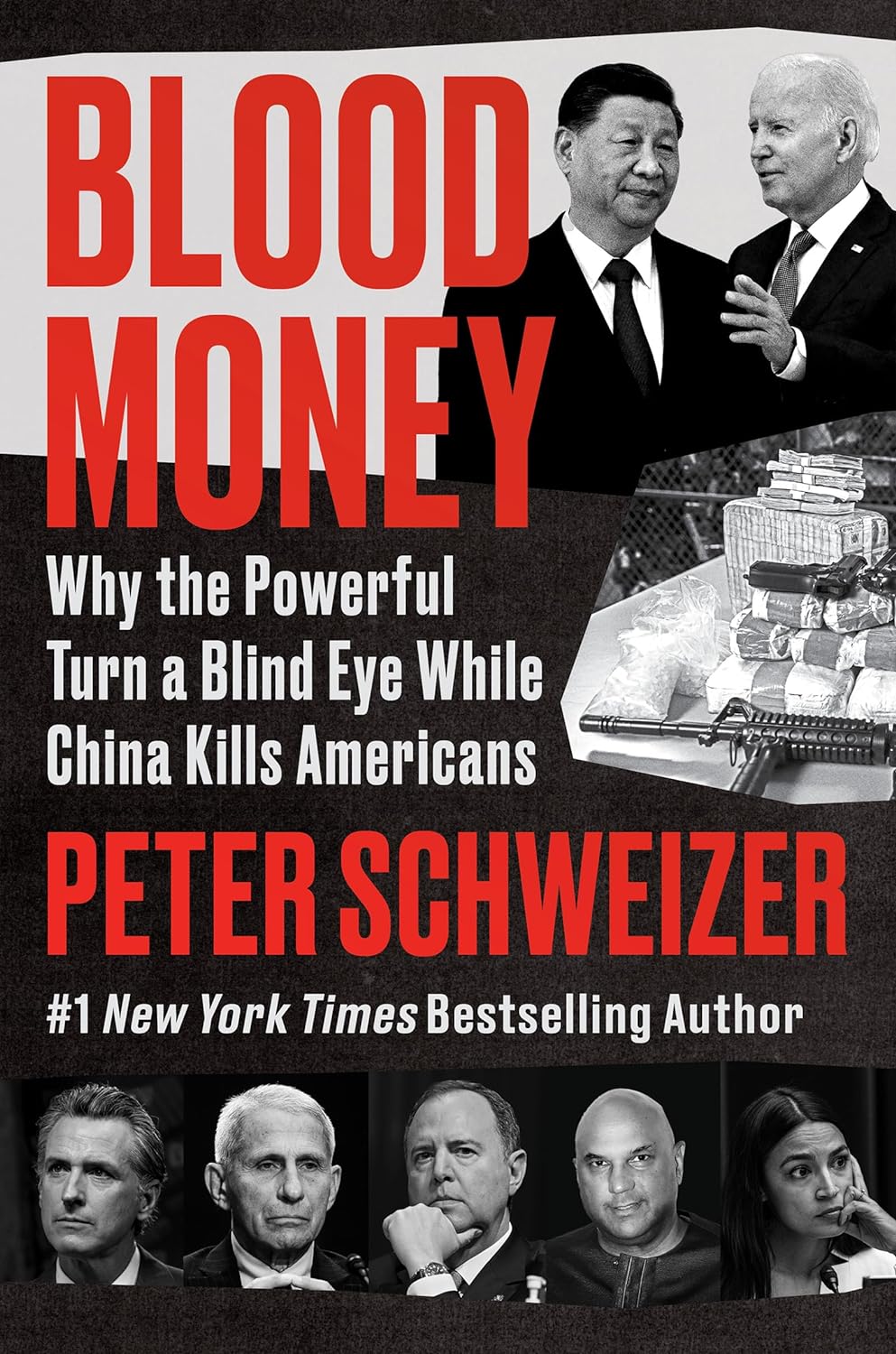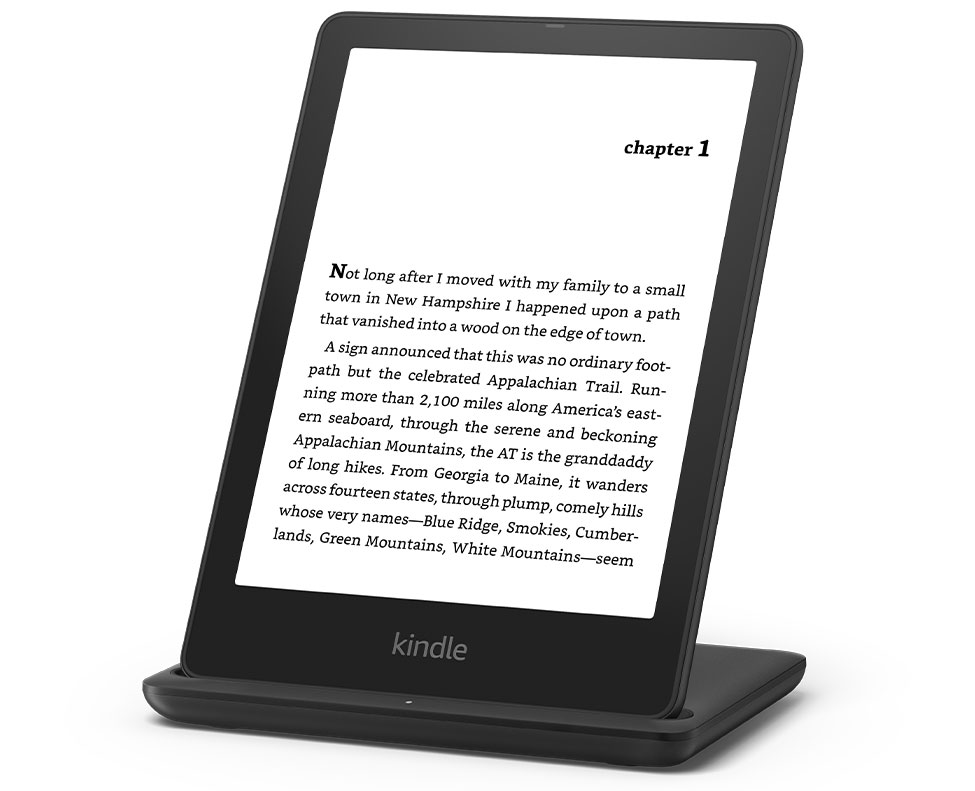Blog Categories
Recent Post
What is an Apple Airtag ?How to set up Apple Airtag to the phone
October 1, 2023
How to get to home screen on kindle
September 26, 2023
What is stuff your kindle day? The Essence of ‘Stuff Your Kindle’ Day
September 26, 2023
Amazon’s GPT55X: A Comprehensive Overview
September 25, 2023
VTech RM7764HD 1080p WiFi Remote Access Baby Monitor Guide How to Set Up
September 25, 2023
FEBFOXS Baby Monitor Security Camera, Pet Camera Guide How to Set Up
September 25, 2023
What you should to know about amazon or amazon.com
August 29, 2023
Gaggia Classic Pro Review 2023
August 29, 2023
How to make green lipstick
August 28, 2023
10 Best natural makeup with red lipstick ideas
August 28, 2023
Guide to achieve a beautiful lip makeup .
August 12, 2023
The 5 Best Vacuum Robot Cleaners For Your Home
August 12, 2023
The best loreal moisturizer for your skins in 2023
August 9, 2023
March 12, 2024
Blood Money: Why the Powerful Turn a Blind Eye While China Kills Americans Review
















